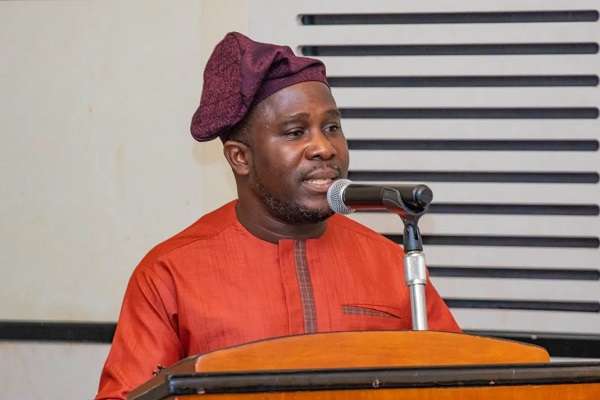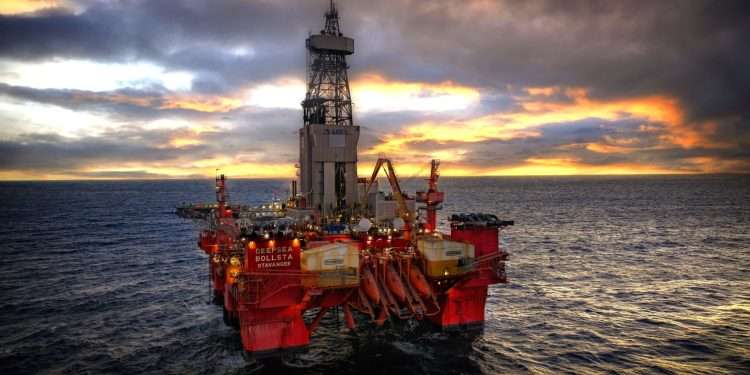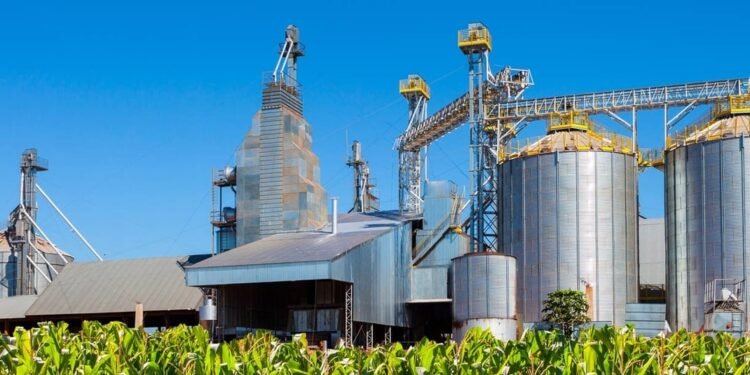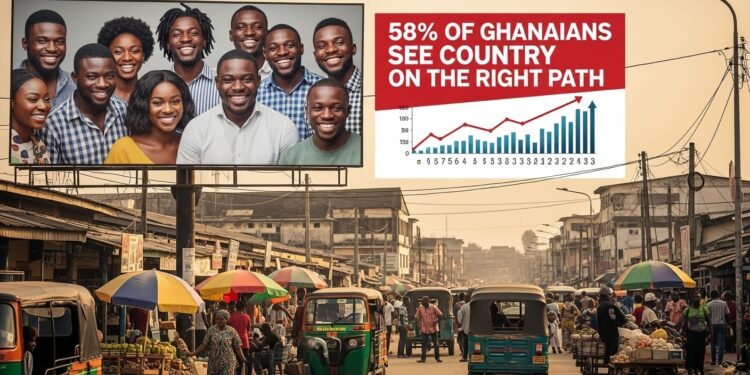Ghana’s oil and gas sector, once hailed as a beacon of economic growth and development, has witnessed a significant decline in interest from international investors recently.
This trend raises concerns about the future of the sector and its contribution to Ghana’s economy. The Executive Director of the Institute of Energy Security (IES), Nana Amoasi VII, has expressed deep concerns over the waning interest in Ghana’s oil and gas sector.
Speaking on the challenges confronting the industry, Mr. Amoasi highlighted how regulatory inefficiencies, political interference, and unattractive policies have discouraged exploration and production activities.
These factors, he noted, have contributed to a consistent decline in the country’s oil and gas output over recent years.
“The reduction in upstream production is no surprise. Companies are struggling to find new fuel sources, with exploration activities declining due to regulatory challenges and uncertainties.”
Nana Amoasi VII, Executive Director of the Institute of Energy Security (IES)
His observations reflect an industry grappling with bureaucratic hurdles that stifle growth and innovation.
One of the key concerns raised by Mr. Amoasi is the complicated and delayed approval processes for exploration and development projects.
Over the last five years, Ghana has seen a steady decline in oil production, a trend he attributes to an investor-unfriendly regulatory framework. “Processes are complicated and approvals are delayed, leaving investors frustrated,” he emphasized.
The frustrations of industry players have been compounded by the exit of significant stakeholders. Among these is ENI, an Italian multinational that initially discovered oil in Ghana but has since shifted its focus to Côte d’Ivoire.
“ENI found Côte d’Ivoire to be a haven, as they encountered fewer challenges compared to Ghana.
“Today, Côte d’Ivoire is seen as a safer and more attractive destination, with ENI choosing to operate there while only briefly entering Ghana to conduct essential business.”
Nana Amoasi VII, Executive Director of the Institute of Energy Security (IES)
Ghana’s oil production has seen a significant drop over the past decade. Recent data from the Public Interest and Accountability Committee (PIAC) and the Ministry of Energy indicate that output peaked in 2019 with over 70 million barrels produced.
However, production has since decreased annually, with less than 50 million barrels recorded in 2023. This decline undermines the country’s potential to generate revenue, attract foreign investment, and create jobs in the oil and gas sector.
The lack of exploration is also concerning. New oil discoveries are critical to sustaining production levels, but Ghana has seen a slowdown in exploration activity.
Recommendations for Reviving Investor Interest

To reverse the downward trend, Nana Amoasi VII has called for urgent policy reforms to restore investor confidence. He stressed the importance of creating a business-friendly environment that prioritizes transparency, efficiency, and good governance.
“To attract investors again, we must ensure clear, transparent, and efficient regulatory processes, free from political interference. Only then can we make Ghana’s oil and gas sector competitive once more.”
Nana Amoasi VII, Executive Director of the Institute of Energy Security (IES)
Simplifying the approval processes for exploration and development projects is a top priority. Mr. Amoasi pointed out that delays often result in investors moving to other countries with more predictable timelines.
He emphasized that Ghana must compete effectively in a global market where oil companies have numerous options.
“Today, investors don’t find Ghana’s oil field or upstream sector attractive anymore,” he noted. “For us to regain that initial attractiveness, we must revisit our policies and approval processes. This is very key.”
The IES Executive Director also criticized the growing influence of political interference in the sector. He warned that such practices not only delay critical projects but also erode investor trust.
“If we allow political influence to dictate operations, this is what we get. The sector is time-bound; if you delay projects, investors will move to other countries eager for business.”
Nana Amoasi VII, Executive Director of the Institute of Energy Security (IES)
Political meddling, coupled with frequent changes in government policies, creates an uncertain operating environment.
Mr. Amoasi emphasized that Ghana must adopt a long-term strategic approach to managing its oil and gas resources, ensuring continuity and consistency irrespective of political changes.
The declining interest of international investors in Ghana’s oil and gas sector is a wake-up call for policymakers. The challenges highlighted by Nana Amoasi VII—delayed approvals, political interference, and regulatory inefficiencies—must be urgently addressed.
As global energy markets become increasingly competitive, Ghana must take decisive steps to reclaim its position as a leading oil and gas producer in the region. Without immediate reforms, the country risks losing out on critical investments that could drive economic growth and development.
READ ALSO: Pollution In Delhi Hits Record High























